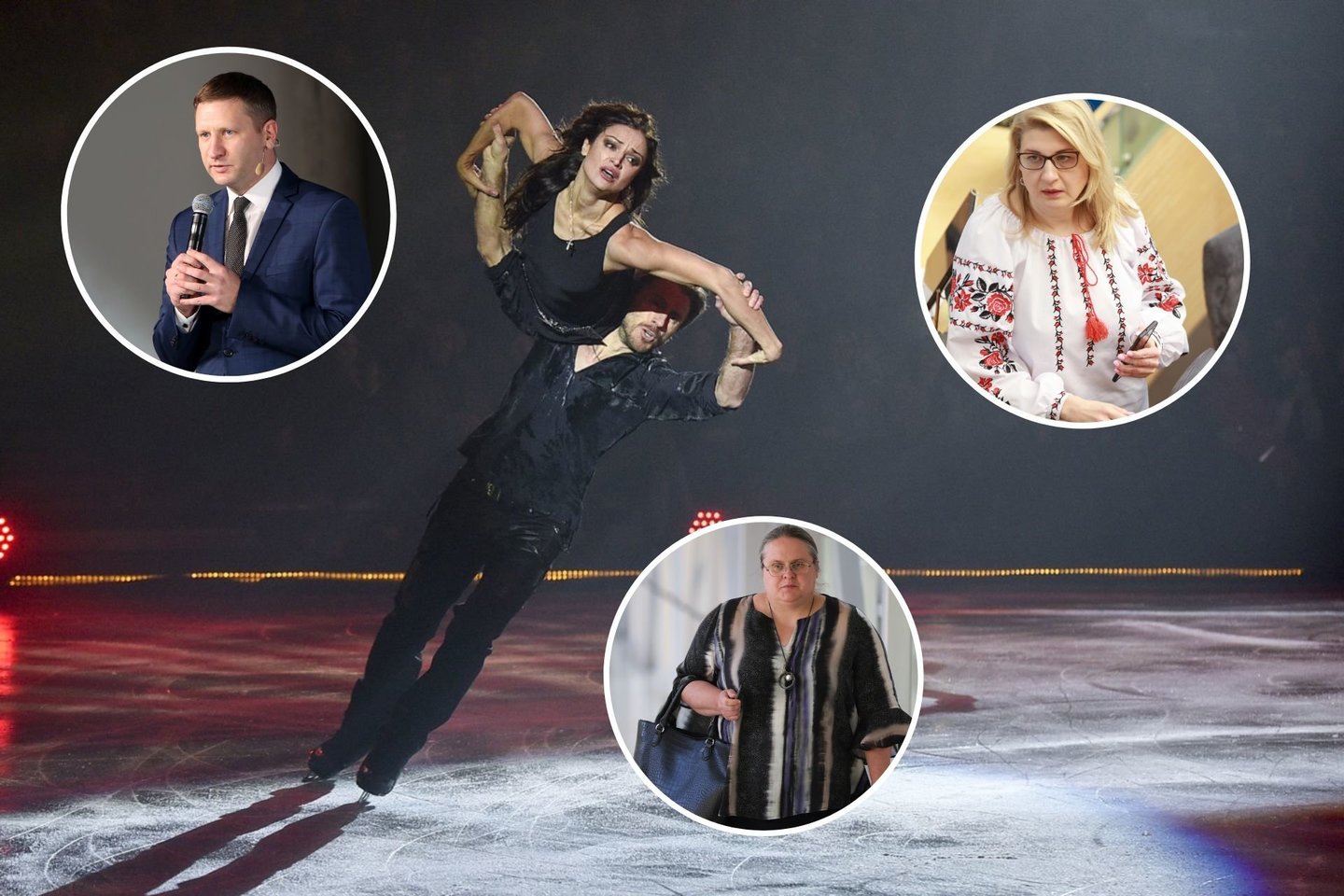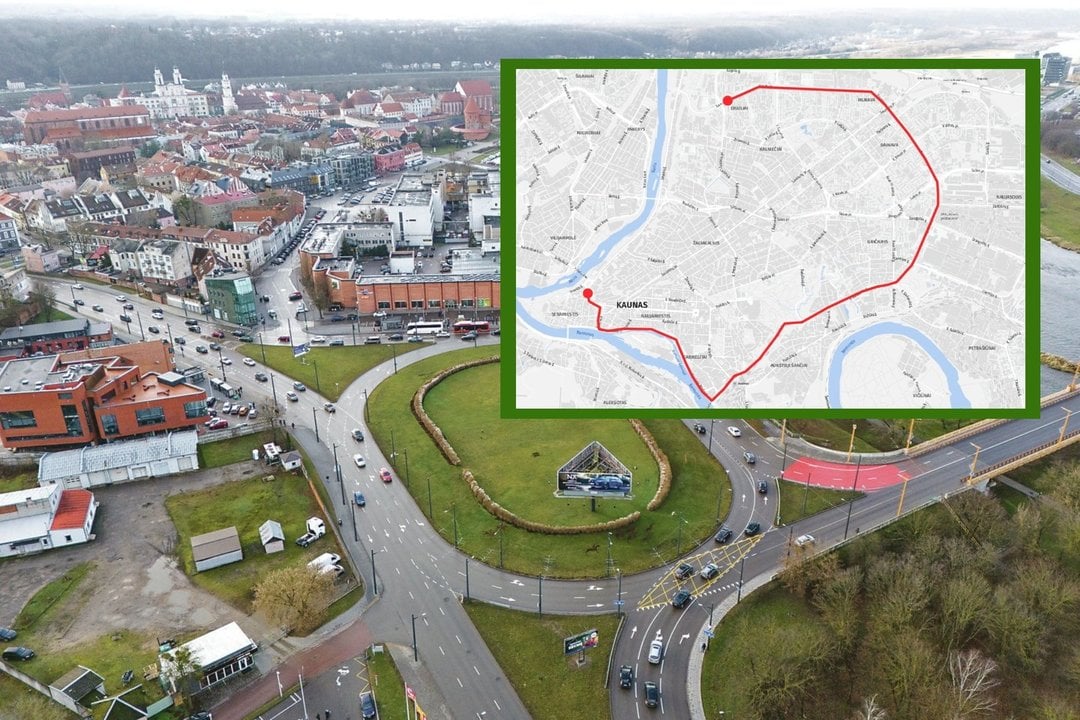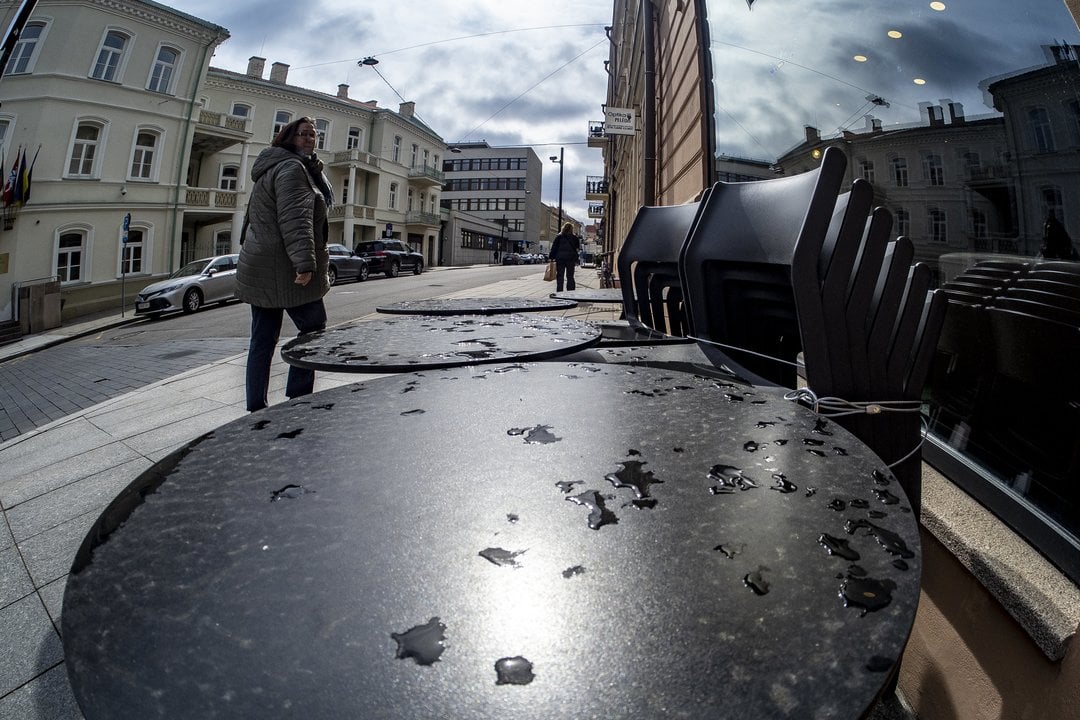„I believe that citizenship is a clearly defined link to the state. And I think all those considerations and decisions are right. Hiding behind the notion of good and beauty, when culture is used as a weapon in a hostile country, as an opinion forming tool, does not fit well with citizenship,“ Kairys told journalists on Thursday.
On Thursday, the Commission on Citizenship Affairs submitted a recommendation to President Gitanas Nausėda, proposing to revoke the citizenship of the Republic of Lithuania granted by exception to ice dancer Margarita Drobiazko. The final decision is yet to be taken by the President.
Dalia Asanavičiūtė agrees with the conclusion of the Commission on Citizenship
Dalia Asanavičiūtė, Member of the Seimas, welcomes the decision of the Commission on Citizenship to revoke the citizenship of the Republic of Lithuania of the ice dancer Margarita Drobiazko. The politician, who initiated the amendments to the law providing the possibility of revoking citizenship by exception, stresses that the ice skater actively supports the Kremlin regime through her actions.
„I agree with the decision – the main argument is that its actions actively support a regime that threatens Lithuania and our entire region. And this threat is not because she is a good skater or participates in various skating events, but because of who organises and supports these skating events,“ Asanavičiūtė told reporters at the Seimas on Thursday.
She also pointed out that Drobiazko participates in events organised by Tatiana Navka, the wife of Dmitry Peskov, who is known as a Kremlin mouthpiece.
„It has also been sanctioned. Sanctions have been imposed on it in Ukraine, the European Union, and all democratic countries because it supports the invasion and actively supports the regime,“ Asanavičiūtė pointed out.
„There is also a very interesting point that I recently found in the Russian propaganda media that they were planning a show in Luhansk“, she noted.
Opposition takes the opposite view
The Seimas opposition is critical of the recommendation of the Commission on Citizenship to the President of the country on the abolition of the citizenship of the ice skater M. Drobiazko. According to the politicians, there is no legal basis for this.
„In this case, no matter how much we dislike her, no matter how much we do not justify her behaviour, no matter how anti-state and in a common human sense and indeed cynical her behaviour is, it seems to me that there is no legal basis for depriving her of her citizenship and for taking such actions,“ Labour Party chairman Andrius Mazuronis told reporters at the Seimas on Thursday.
Agnė Širinskienė, the elder of the Mixed Group of the Seimas, pointed out that the amendments to the Law on Citizenship, which provide for the possibility of revoking citizenship granted by exception, do not comply with international law. Moreover, she said, the law cannot be applied retroactively.
„I was not the only one who criticised. I will remind you that the former President of the Constitutional Court, Mr. Žalimas, also criticised. Indeed, the law itself is not in line with international law. It is discriminatory by its very nature because it only targets people who have dual nationality. In this case, people cannot be discriminated against in terms of obtaining citizenship and other conditions,“ the politician told reporters in Parliament.
„On the other hand, the law is passed after all the events in Drobiazko. So, you tell me, how could it go backwards?“ – Širinskienė asked.
Moreover, the MP noted that abolishing citizenship by exception requires a strong argument about possible threats to national security. According to Ms Širinskienė, the State Security Department (DSS) had not provided such conclusions concerning the skater Ms Drobiazko.
„Let's not forget that the condition is a risk or a threat to national security interests. I understand no comments regarding national security interests and threats have been received. As far as I remember, these threats were later created in one of the ministries,“ said Širinskienė.
„Indeed, it doesn't look like the rule of law – from the adoption of laws to how that law or situation is tried to be attached to a particular person,“ she said.
Distributed a letter
As previously reported, the initiative to revoke Drobiazko's citizenship was taken by a group of MPs who appealed to the Ministry of the Interior (MoI). The latter, having assessed the conclusions of the responsible authorities, addressed President Gitana Nausėda, asking him to decide on the citizenship granted to the skater by way of exception.
According to the authorities, the letter notes that Ms Drobiazko cooperates with Tatiana Navka, the wife of Russian President Vladimir Putin's press secretary Dmitry Peskov, and participates in ice dancing performances organised by her. Such events help develop the Moscow regime's narrative of the „Russian world“ and strengthen the Kremlin's power.
However, in a public letter to the Commission on Citizenship Affairs released this week, Ms Drobiazko criticises proposals to revoke her citizenship. She calls the initiative a „witch-hunt“ and claims that she and her dance and life partner, Povilas Vanagas, are bringing „the light of culture and goodness“ and are not involved in propaganda activities.
Drobiazko, born and lives in Russia, was granted Lithuanian citizenship on an exceptional basis for her services in the field of sport.
According to the Law on Citizenship, a person may be deprived of Lithuanian citizenship by exception not only when their actions endanger national security interests but also when they publicly express support for a state that endangers the security interests of Lithuania and/or other Member States of the European Union and/or their allies.




